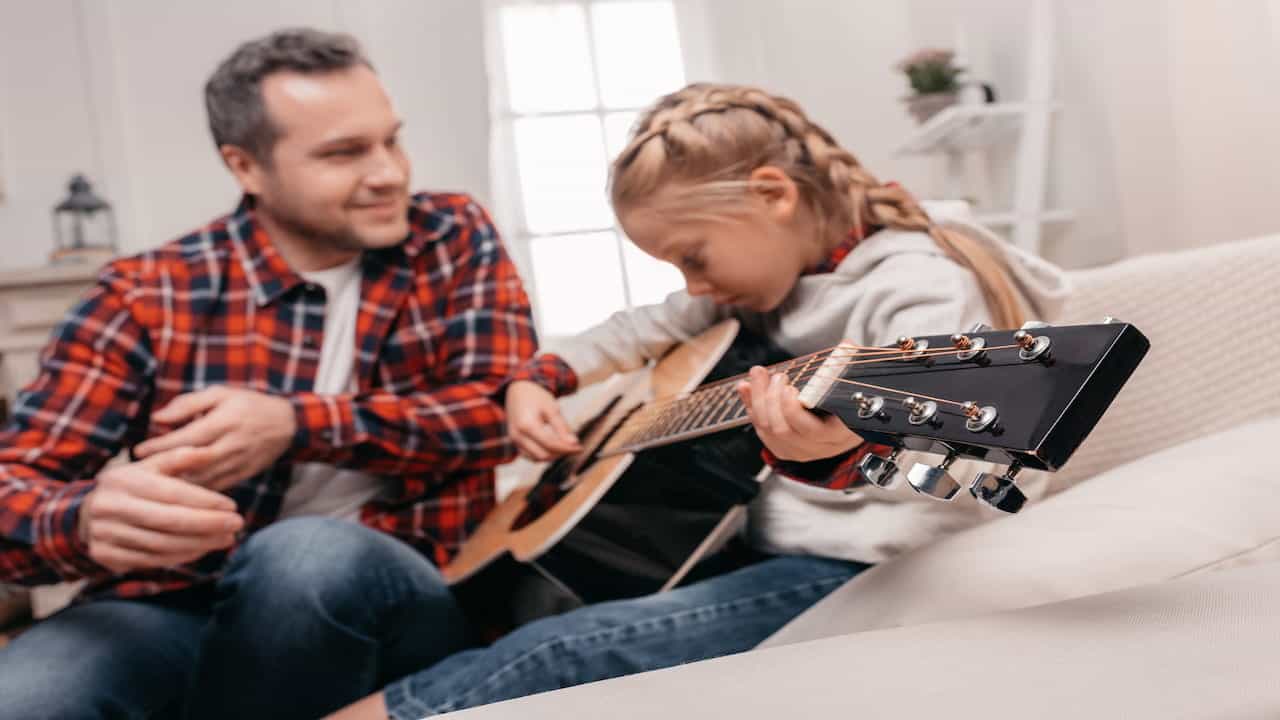Has your child just started playing a musical instrument and you are wondering how to help your child perform well and develop the motivation, focus, and ability to practice their instrument well in their music education? There are ways to get kids interested in practicing without losing focus.
You can’t force your child to practice their instrument if they don’t want to. So, how do you encourage them at home, especially those who have practiced many times? There are some ways to motivate children and some professional techniques that parents can use to help their kids practice. Hypnosis for kids is one of these techniques and is widely regarded as safe. Through hypnosis, you can make your child retain all they have learned and practice it to perfection.
Hypnosis Downloads
There are plenty of hypnosis audios on how to practice your instrument for kids online. Hypnosis Downloads has created such audios, especially with kids in mind.
The audios can help kids become more willing to practice and do better in their lessons and the activities they perform while practicing their instruments. The Practice Your Instrument for Kids audio acts as a motivation for kids who find it hard to stay motivated.
The biggest advantage of hypnosis is that it taps into the subconscious mind and helps you relax. These audios will help kids eventually love music.
Hypnosis Downloads audios are easily accessible and your kids can watch on the PC or through their free app. Give your kids the chance to be motivated to realize their love for music.
How Do I Teach My Child to Practice an Instrument?
A child must practice the instruments regularly. It will help them improve their skills and eventually become better at it. Although you can’t force your child to practice, there are ways in which you can motivate them such as,
- Let your kids know when they do something well
- Don’t constantly insist on practicing
- Ask questions, such as what do you think?
- Find a few things that motivate your child to practice
Hypnosis for Kids
Kids love music, but motivating them to put in the effort to improve their skills can be difficult. Hypnosis has been proven successful with adults and children who want to learn how to play instruments. It’s a great way to help kids develop new skills and remember what they have learned so far.
We know that children under the age of 12 cannot be hypnotized (see how to hypnotize someone), so it is essential to seek professional advice before trying this technique with your child or teenager. Parents who have used hypnosis with their children say that their kids practice better, enjoy their instruments more, and in the long run become better musicians.
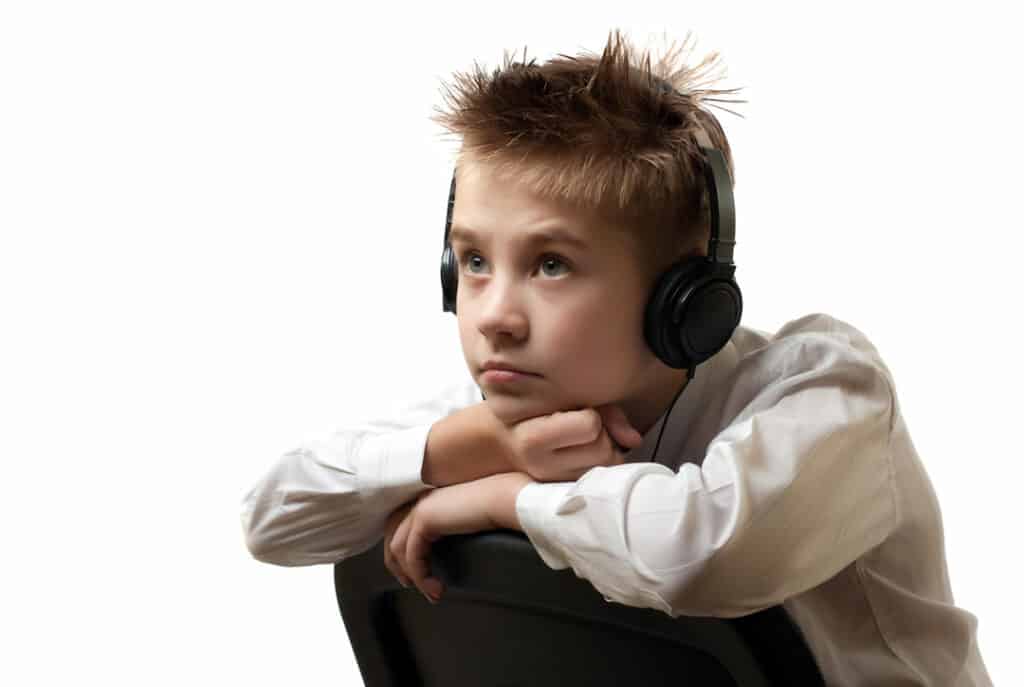
With some guidance from parents or a music teacher, kids can be taught to use hypnosis to practice their instrument at home when they are alone. Kids learn how to relax through hypnosis before playing an instrument. It takes a few minutes each day for them to learn how to relax, focus, and play their instrument well.
Whether you want your child to know more about instruments or think they are ready for professional training, hypnosis will improve concentration levels and memory to help them excel. You can find qualified therapists who specialize in the music learning process via hypnosis on the Internet quickly.
What Is the Best Age for a Child to Learn an Instrument?
There is no age limit for learning an instrument. Some people are naturally talented, while others need a little more practice, time, and encouragement. It is vital to make learning fun, so the younger the child, the better they can learn an instrument.
At a young age, you can teach children how to play multiple instruments from different genres such as rock, jazz, or classical music. You can even get them to play an instrument with you by using hypnosis or during group lessons. When your child plays instruments while young, they learn faster since they are keen on exploring new things.
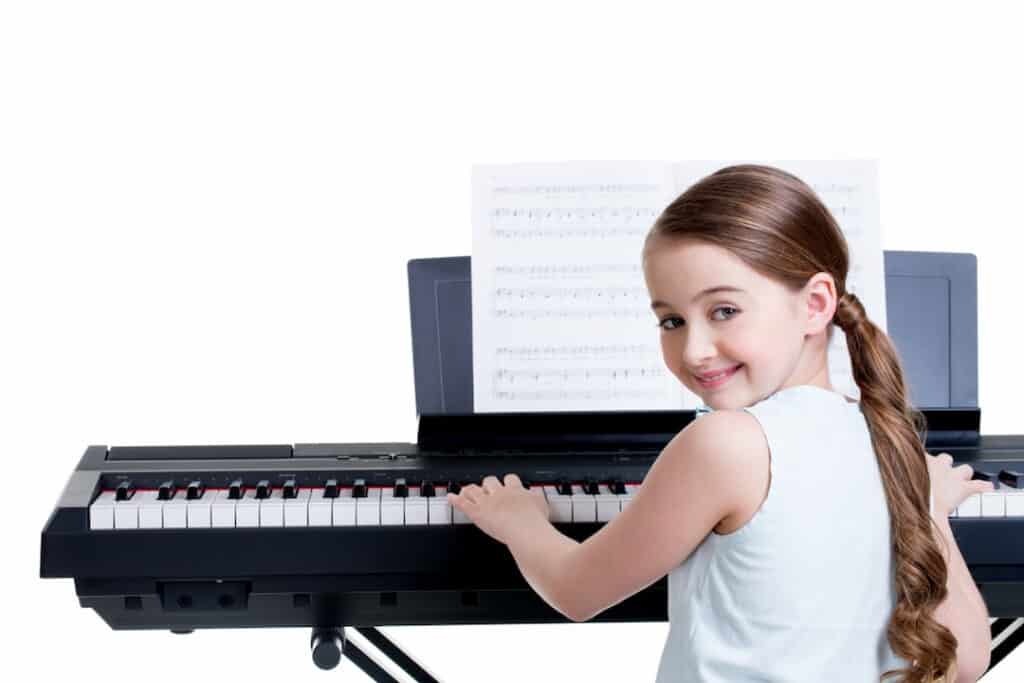
Using Hypnosis for Kids to Get Them to Practice
There are several ways you can use hypnosis to get kids practicing. One way is through a technique known as “hypnotic chaining.” In this method, your child will be induced into a light trance state, and then the underlying cause for not wanting to practice their instrument despite knowing how will be revealed.
This information will be used to create a “competing response.” It can take the form of your child’s favorite song, or it could involve an activity they like doing more than playing their instrument. The competing response is something that motivates them to keep practicing.
Parents can assist children in getting into this state of trance by following these steps:
- Make sure you are relaxed and seated in a position where your voice will not sound strained if you need to shout.
- Make sure nothing would make a loud noise, which could distract the child or disrupt his or her concentration during the trance. It would include things like closing windows or turning off appliances that make noise.
- You will need a recording device that can play sound files and have a stopwatch nearby so you can time the intervals between each stage of the trance induction process. Doing this by yourself may be difficult, but seeing your child practice his instrument with more enthusiasm is worth it.
- With your child seated comfortably, say, “I want you to relax. Relax your feet and wiggle your toes.” Let the child know that he can think about anything he wants as you give him time to relax completely.
- Ask him to imagine an escalator or a staircase in his mind. Tell him that there are ten steps to the escalator, and he has to count them as he climbs up.
- At this point, start a stopwatch and convey a sense of calmness through your voice as you recite a series of numbers with a five-second interval between each number. It would be best if you gave him time to climb from step one up to ten.
- Once he reaches the tenth step, let him know that he has got an extraordinary place where he can see himself practicing his instrument with great enthusiasm and gusto for at least 20 minutes without any distractions. It may be difficult for children below ten years of age to follow this instruction because they might start getting drowsy and fall asleep.
- Use a soothing voice as you tell your child to imagine himself playing his favorite song perfectly with no breaks in between phrases. Let him hear the tune of the song in his imagination and then let it fade away into silence.
- Next, ask your child to imagine a list in his mind of all the things that he loves about playing his instrument.
- Finally, count from 1-5 and have your child return from the trance state when he hears you call out, “Hey.” You can conduct this trance induction every night before bedtime and then set a regular time for your child to practice his instrument in the morning and evening.

Doing this will ensure that you can get your child to retain what he has learned and apply it during the practice session at home. Sometimes kids may feel like giving up on an activity because they don’t know how to improve or think they can master a new skill. Getting your child to go into a trance will ensure that he becomes more motivated and engaged when practicing his instrument.
Benefits of Hypnosis to Help Your Child Practice His Instrument
The mental benefits of hypnosis and self-hypnosis include deep relaxation and better concentration during music lessons. Hypnosis helps children improve their focus by dissociating themselves from the distractions around them. It is normal for kids to be shy about playing in front of their peers, but this performance anxiety can affect their progress if left unchecked.
With regular trance therapy sessions, your child will become more confident about playing in front of others, which will drastically improve his skills.
How Do You Make Music Practice Fun for Kids?
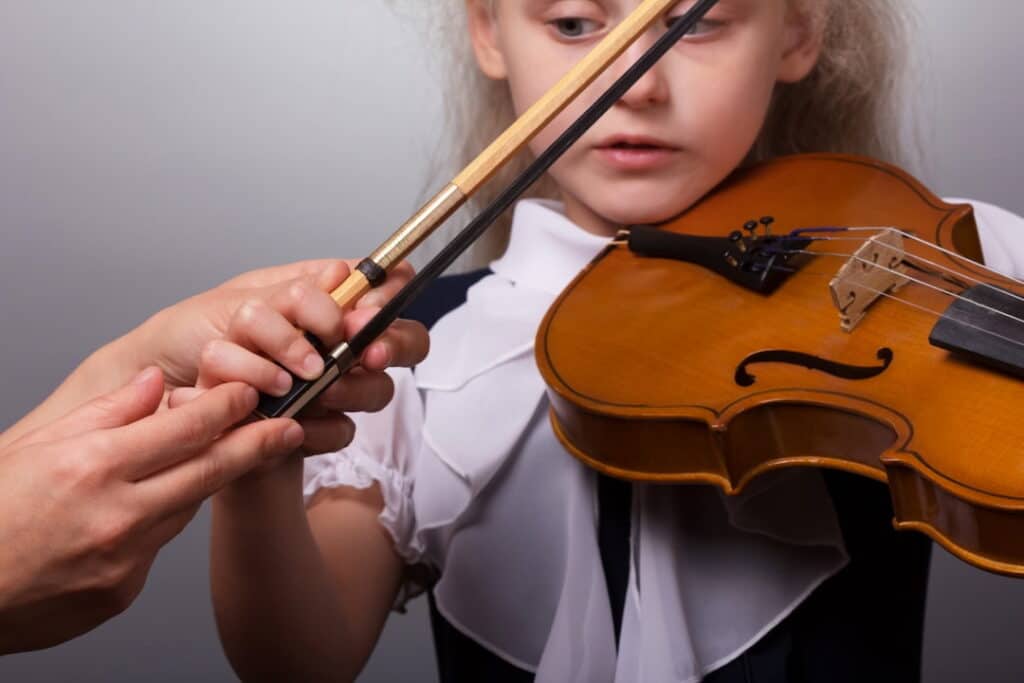
On the flip side, some children may not feel motivated to practice because they don’t understand how to improve or what goals to set. You can motivate your child by taking him through a trance session that will help him see the benefits of working on his instrument and strengthening his skills.
If you want your kids to have fun, music practice sessions put them in the right mood to learn. It’s good for kids to listen and sing using recorded music and play along without formal instruction. They must choose songs they like and avoid ones with words they don’t understand because you never know what lyrics can stick in their heads.
Kids also need time for movement and play. It is healthy to let them act out, move their bodies or even dance while learning new songs. Allowing physical space will motivate your child for further practice because it helps him strengthen his memory of music.
Super Effective Ways to Motivate Your Child to Practice Music
Spending quality time with your kids is the best way to motivate them. Involving parents in lessons ensures that they understand skills being taught and new techniques being introduced. Parents can also ensure that their kids practice without any distractions at home during a music class, which can help them improve faster.
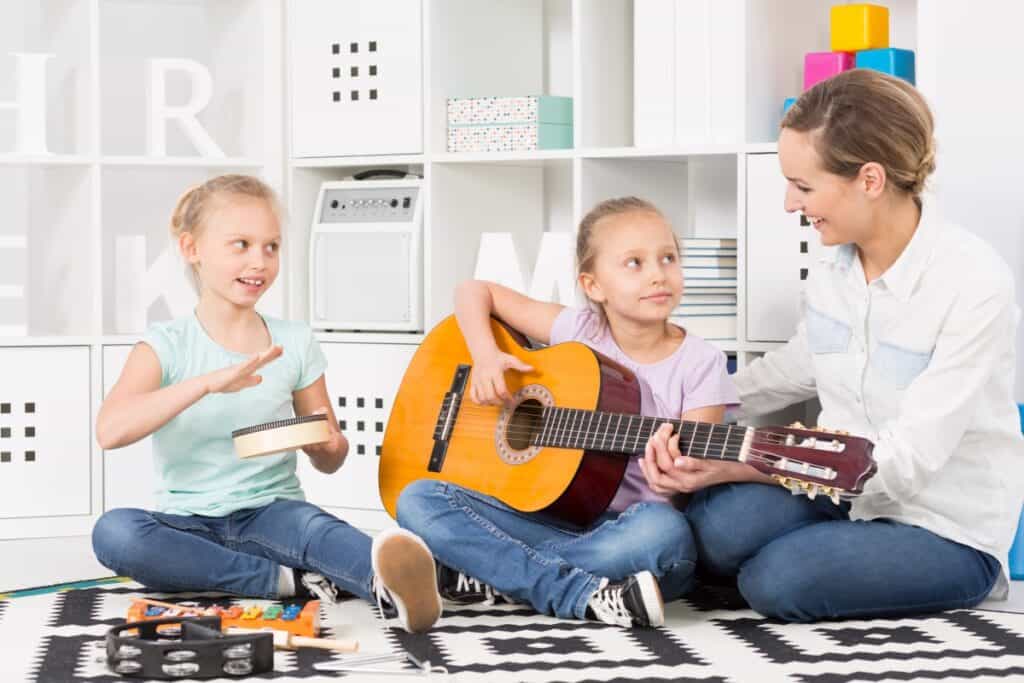
At the end of every lesson, it is vital for you to gently remind your child that a positive attitude and practice will help them master new skills. If they experience success, kids are more likely to continue working on their instruments and improving their talent.
Most importantly, you must be patient and encouraging with your children’s progress because this helps them build confidence. After all, practice makes perfect.
Conclusion
Teaching younger children and encourage students to practice music in a trance state will ensure that he remains motivated and engaged in his instrument, both at home and in the classroom. Remember that it is essential for you to spend time with your kids when they are practicing their instruments. This way, you can help them retain what they have learned during lessons and apply it when they practice at home.

